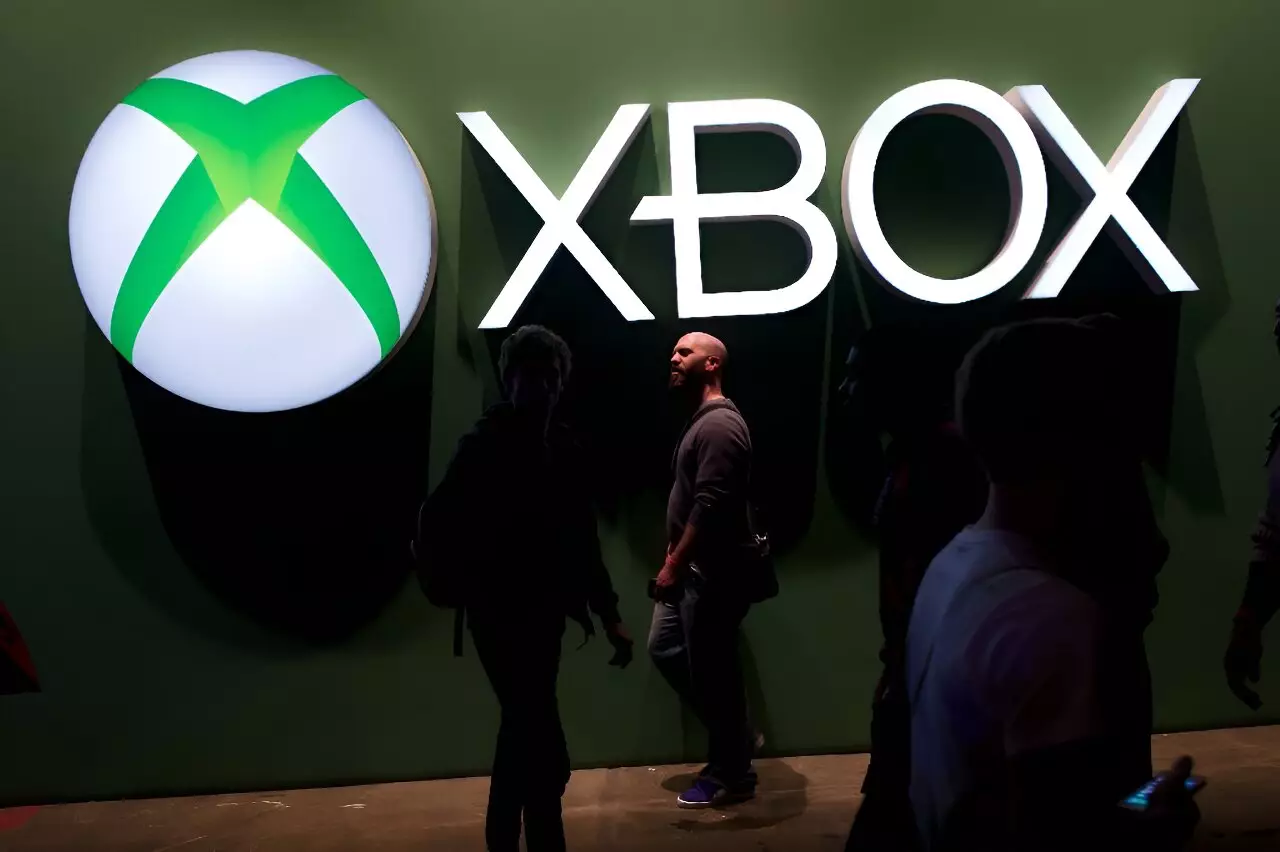Microsoft has recently announced plans to cut approximately 650 positions from its gaming division, a consequential move as the company continues to adapt following its acquisition of Activision Blizzard for a staggering $69 billion. This decision mainly impacts corporate and support roles, underscoring a strategic effort to streamline operations and position the gaming unit for sustainable success in the long run. Phil Spencer, the head of Microsoft Gaming, communicated the tough reality of the layoffs in a memo to employees, recognizing the emotional toll such decisions can take on the workforce. He acknowledged, “Today is one of the challenging days,” providing a glimpse into the uncertainty employees are feeling as the company navigates the complexities of integrating Activision Blizzard.
This wave of layoffs isn’t an isolated incident; the entire gaming sector is witnessing a trend of job cuts, intensifying concerns regarding the stability of employment in this dynamic field. The Communications Workers of America (CWA), a labor union representing workers in the video game industry, expressed disappointment regarding Microsoft’s layoffs, highlighting a troubling pattern of “heartless layoffs” in an industry that has long been celebrated for its creativity and innovation. As exemplified by Sony Interactive Entertainment’s recent decision to trim its workforce by 220 employees at Bungie, the sheer volume of job losses in gaming raises alarms about the future health of the industry. Samuel Cooper, a senior producer known for his work on World of Warcraft, voiced the growing frustration among industry professionals regarding the recurring nature of these layoffs.
These layoffs come on the heels of Microsoft’s earlier announcement in January, which saw 1,900 jobs, or about eight percent of its gaming workforce, cut in the face of consolidating Activision. This relentless focus on cost efficiency is a response not only to internal restructuring but also to broader economic pressures confronting the tech industry. Data from layoffs.fyi indicates that last year, the tech sector faced an unprecedented loss of around 260,000 jobs, a trend that shows no sign of abating in 2023 as 136,360 positions have already been eliminated from 435 companies.
Despite these significant layoffs, Phil Spencer reassured employees that no game titles or devices are slated for cancellation and that no studios will be shut down as part of these adjustments. This reassurance aims to quell fears among developers and gamers about the potential fallout from financial restructuring. However, the collective impact of these layoffs across various companies signals a shift in the industry’s landscape—one where the emphasis is increasingly placed on profitability and efficient resource allocation rather than growth and expansion. As Microsoft and other tech giants evaluate their strategies, the resulting implications for staff morale, creativity, and long-term innovation may be profound, urging stakeholders to reconsider not only how they operate but also how they value their workforce in an ever-evolving market.
While Microsoft vies for a more sustainable future amidst competitive pressures, the implications of its layoffs resonate far beyond its immediate circle, pointing to an industry in need of renewed conversation around employee welfare and strategic growth.


Leave a Reply